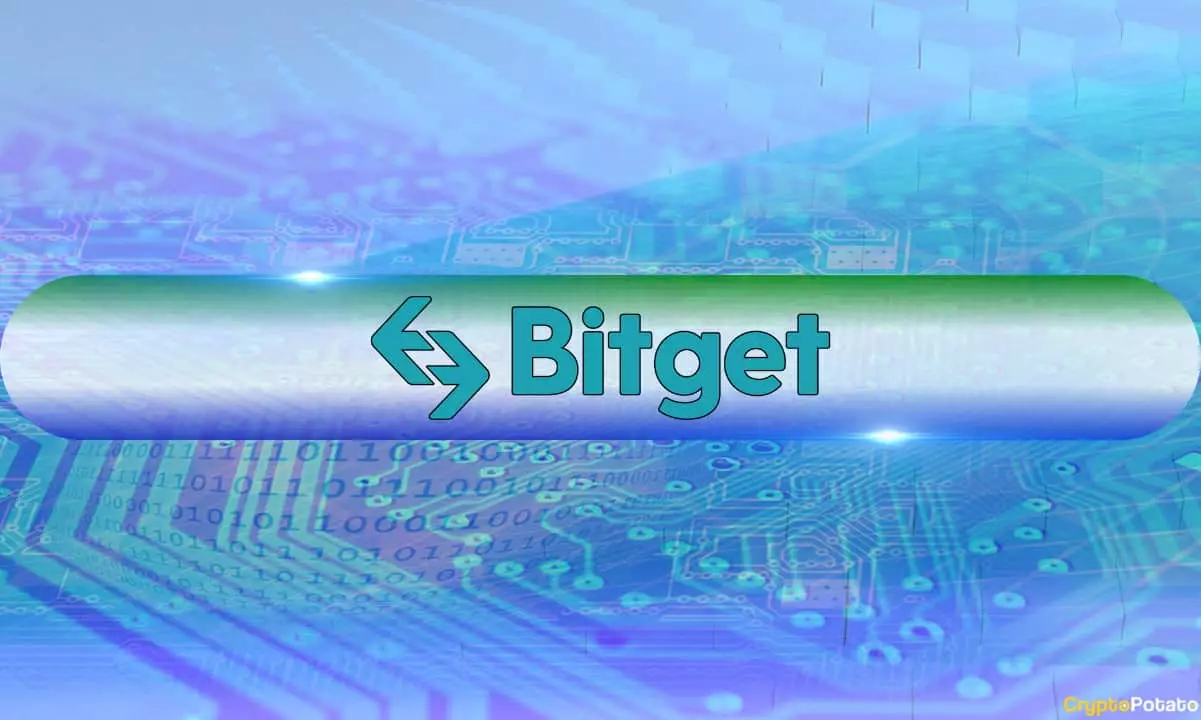Bitget’s recent actions to suspend accounts due to unusual trading patterns in the VOXELUSDT perpetual futures market on April 20th serve as a stark reminder of the vulnerabilities within the cryptocurrency landscape. While it’s crucial for exchanges to maintain operational integrity, Bitget’s swift response to what they term “abnormal trading activity” is indicative of a deeper systemic issue: the inherent risks associated with centralized exchanges. The incident, which witnessed uncharacteristic price spikes and trading volumes, underscores the fact that even the most established platforms are not immune to manipulation. Such volatility raises valid concerns about user safety and operational transparency.
The Consequences of Market Manipulation
The aftermath of the Bitget incident has the crypto community buzzing, particularly with discussions surrounding potential market manipulation. The exchange identified irregularities that exceeded even Bitcoin’s daily volume, illustrating a concerning trend in speculative trading practices. While Bitget’s response included the temporary suspension of suspect accounts, one cannot ignore the broader implications for all traders on the platform. Those unaffected by the rollback are unlikely to experience significant fallout, but the anxiety provoked by such incidents could deter new users.
Furthermore, the narrative that users can transform a meager investment into substantial profits leans dangerously close to the realm of misinformation, especially when tied to unverified claims of sudden market movements. Such sensationalism may attract reckless behavior from novice investors, leading them into a treacherous cycle of speculation that can end catastrophically.
Lessons from History
The discourse surrounding the Bitget trading incident has found parallels in past events, notably the Hyperliquid-JELLY debacle of March 2025, where market manipulation yielded devastating liquidations. Back then, the backlash against Hyperliquid for their heavy-handed approach highlighted a critical dialogue about the role of exchanges in safeguarding against market anomalies. Bitget’s CEO, Gracy Chen, had previously condemned such cistern-like practices as detrimental to public trust. Now, her company is facing the music for similar violations, thrusting her, and the exchange, under a microscope of public scrutiny.
This cyclical narrative emphasizes a crucial point: the responsibilities of centralized exchanges extend beyond mere transactions. They must be vigilant custodians of market integrity, employing robust systems to detect and deter malicious trades.
Restitution and Future Measures
In the wake of the incident, Bitget expressed intentions to compensate those adversely affected, an aspect that could serve as a glimmer of hope for aggrieved traders. Yet, the legality and adequacy of such compensations remain questions that demand clarity and assurance. The ambiguity surrounding restitution only serves to heighten skepticism among users, reinforcing the disenchantment with centralized exchanges.
Moreover, as Bitget attempts to stabilize trading operations, it beckons responsibility not only to its users but also to the broader cryptocurrency community. The need for more stringent regulatory frameworks and the embrace of decentralized systems becomes crucial if industry players intend to maintain credibility and trust among users booming in this ever-volatile market.
In essence, the trajectory of Bitget is emblematic of a larger crisis in the crypto landscape—one that begs for stringent accountability, enhanced trading regulations, and a collective demand for accountability that transcends the superficial allure of quick profits.















